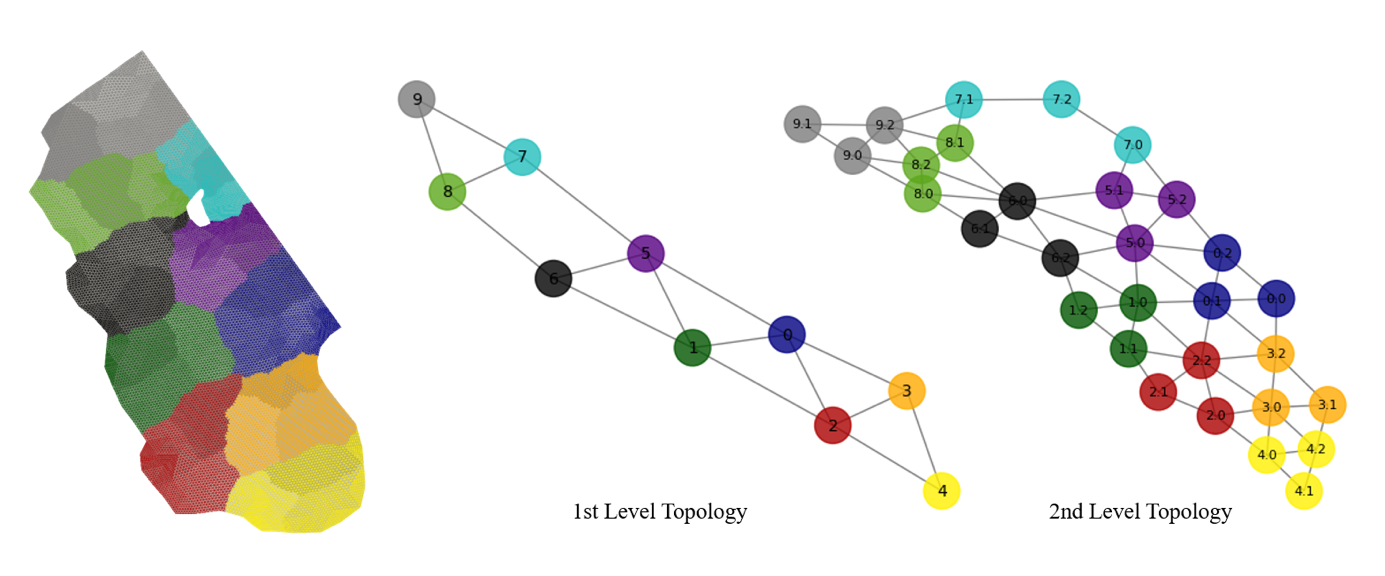Acceleration of Shallow Water Simulations on FPGAs
Shallow water simulations are important for climate models, flood or tsunami predictions and other applications. Performing such simulations on unstructured meshes with the Discontinuous Galerkin method is numerically attractive, but a performance challenge on conventional architectures. With a customized dataflow architecture implemented on FPGAs, we have improved performance and power efficiency on a single FPGA and achieved promising initial results when scaling to multiple FPGAs via direct FPGA-to-FPGA interconnects.



